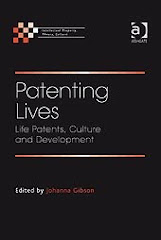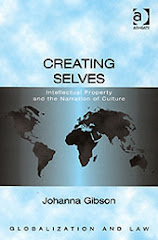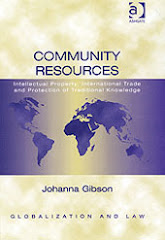
The United Kingdom Patent Office has just released its National Intellectual Property (IP) Enforcement Report 2005.
The report is the second since Lord Sainsbury of Turville, Parliamentary Under Secretary of State for Science and Innovation, launched the National IP Crime Strategy (Strategy) in 2004 and plans for a National IP Crime Group (IPCG). The Strategy is described as bringing together industry, government, and enforcers, "widely seen as the way forward" and "already bearing fruit." Plans for further education of the general public is also advocated in the report, "to convince the public that counterfeiting and piracy is not a victimless crime."
The report i
 ncludes an introduction to TellPatTM, the national IP crime intelligence database. Lord Sainsbury describes TellPatTM as "a crucial strand in our Strategy," with numerous entries concerning IP crime "and the criminals involved." The information, however, comes from not only enforcement agencies, but also industry. The press release accompanying the launch states that more than 500 000 intelligence reports have been received by the Patent Office in the last 9 months.
ncludes an introduction to TellPatTM, the national IP crime intelligence database. Lord Sainsbury describes TellPatTM as "a crucial strand in our Strategy," with numerous entries concerning IP crime "and the criminals involved." The information, however, comes from not only enforcement agencies, but also industry. The press release accompanying the launch states that more than 500 000 intelligence reports have been received by the Patent Office in the last 9 months.Members of the IPCG, trading standards officers, and police officers, will all undertake training in the database over the next 12 months as it is introduced into the UK.
Notably, the report continues to concentrate upon initiatives that are motivated by the relationship between industry, government, and enforcement agencies. In this way, such initiatives do not necessarily engage with the public other than through education in "IP crime." By continuing to concentrate on traditional models of property in IP, it might well be that the Strategy utilises a dynamic that threatens to continue the alienation of individual users from the "crime" arguments. On the other hand, genuine "industries" in counterfeiting probably won't attend the classes.



No comments:
Post a Comment